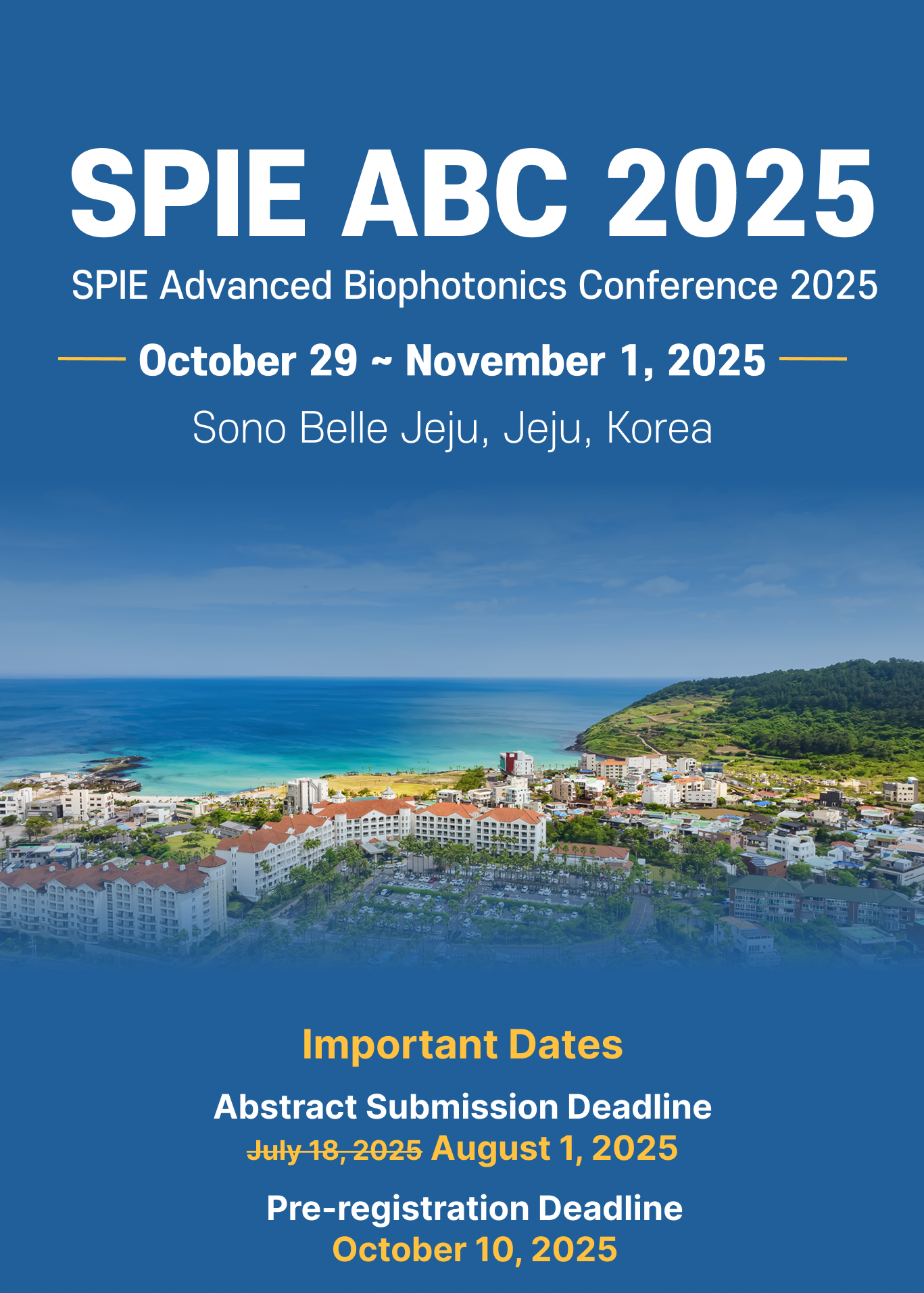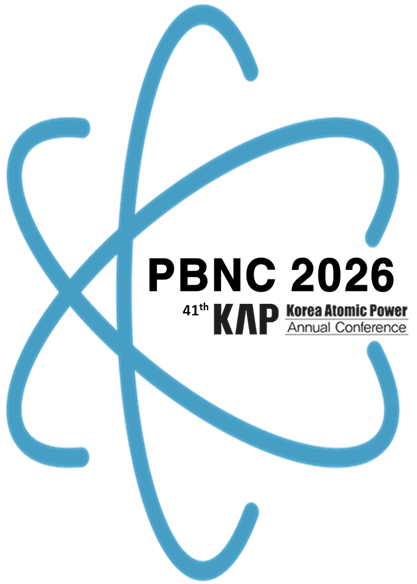32nd ISTANBUL International Conference on Latest Trends in Engineering, Technology and Natural Sciences (LTETN-25) on Aug. 28-29, 2025 Istanbul (Turkiye)
LTETN-25
- URL: http://ltetn.ureng.urst.org/
- Event Date: 2025-08-28 ~ 2025-08-29
- Submission Date: 2025-08-01
- Organizer: URENG
Nanotechnology Food Science & Technology Nanotechnology Biomedical Technology Biotechnology Biomedical Technology Food Science & Technology Educational Technology
Topics/Call for Papers
Topics of interest for submission include any topics related to:
I. Engineering:
- Advanced Materials and Manufacturing:
- Additive Manufacturing (3D/4D Printing)
- Smart Materials and Composites
- Nanomaterials and Nanotechnology
- Sustainable Manufacturing Processes
- Advanced Robotics in Manufacturing
- Artificial Intelligence (AI) and Machine Learning (ML) in Engineering:
- AI-Driven Design and Optimization
- Predictive Maintenance and Reliability
- AI in Robotics and Automation
- Machine Learning for Materials Science
- AI in Civil and Structural Engineering
- Civil and Infrastructure Engineering:
- Sustainable Infrastructure Development
- Smart Cities and Urban Planning
- Resilient Infrastructure and Disaster Management
- Advanced Construction Technologies
- Geotechnical Engineering and Earth Sciences
- Electrical and Electronics Engineering:
- Renewable Energy Systems and Smart Grids
- Power Electronics and Control Systems
- Microelectronics and VLSI Design
- Communication Systems and Networks (5G/6G)
- Internet of Things (IoT) and Embedded Systems
- Mechanical and Aerospace Engineering:
- Advanced Robotics and Automation
- Computational Fluid Dynamics (CFD) and Heat Transfer
- Aerospace Propulsion and Control
- Advanced Manufacturing and Materials
- Autonomous Vehicles and Drones
- Biomedical Engineering:
- Medical Imaging and Diagnostics
- Tissue Engineering and Regenerative Medicine
- Biomaterials and Drug Delivery
- Rehabilitation Engineering and Prosthetics
- Bioinformatics and Computational Biology
- Chemical Engineering:
- Sustainable chemical processes.
- Bioprocessing and Biochemical Engineering.
- Catalysis and reaction engineering.
- Material synthesis.
II. Technology:
- Artificial Intelligence (AI) and Machine Learning (ML):
- Deep Learning and Neural Networks
- Natural Language Processing (NLP)
- Computer Vision and Image Processing
- Robotics and Autonomous Systems
- AI Ethics and Governance
- Information and Communication Technology (ICT):
- Cybersecurity and Data Privacy
- Cloud Computing and Big Data Analytics
- Quantum Computing and Information
- Blockchain Technology and Distributed Systems
- Internet of Things (IoT) and Edge Computing
- Virtual and Augmented Reality (VR/AR):
- VR/AR Applications in Education and Training
- VR/AR for Industrial Applications
- Human-Computer Interaction (HCI) in VR/AR
- The Metaverse and its implications.
- Nanotechnology and Nanoscience:
- Nanomaterials for Energy and Electronics
- Nanomedicine and Drug Delivery
- Nanoelectronics and Photonics
- Nanotechnology for Environmental Remediation
- Biotechnology and Bioinformatics:
- Genomics and Proteomics
- Synthetic Biology and Genetic Engineering
- Bioinformatics and Computational Biology
- Personalized Medicine and Drug Discovery
III. Natural Sciences:
- Physics:
- Quantum Physics and Quantum Computing
- Astrophysics and Cosmology
- Condensed Matter Physics and Materials Science
- Particle Physics and High-Energy Physics
- Photonics and Optoelectronics
- Chemistry:
- Sustainable Chemistry and Green Technologies
- Materials Chemistry and Nanomaterials
- Computational Chemistry and Drug Discovery
- Analytical Chemistry and Sensing
- Biochemistry and Biotechnology
- Biology and Life Sciences:
- Genomics and Proteomics
- Bioinformatics and Computational Biology
- Synthetic Biology and Genetic Engineering
- Neuroscience and Cognitive Science
- Ecology and Environmental Biology
- Earth and Environmental Sciences:
- Climate Change and Global Warming
- Geospatial Technologies and Remote Sensing
- Environmental Monitoring and Remediation
- Sustainable Resource Management
- Geology and Geophysics
- Mathematics and Computational Sciences:
- Applied Mathematics and Modeling.
- Data Science and Machine Learning Theory.
- Computational Physics and Chemistry.
- Mathematical Biology and Ecology.
IV. Interdisciplinary Topics:
- Sustainable Development and Green Technologies.
- The Intersection of AI and Natural Sciences.
- Ethical Considerations in Emerging Technologies.
- The Future of Energy and Environmental Sustainability.
- The Impact of Technology on Society and the Environment.















